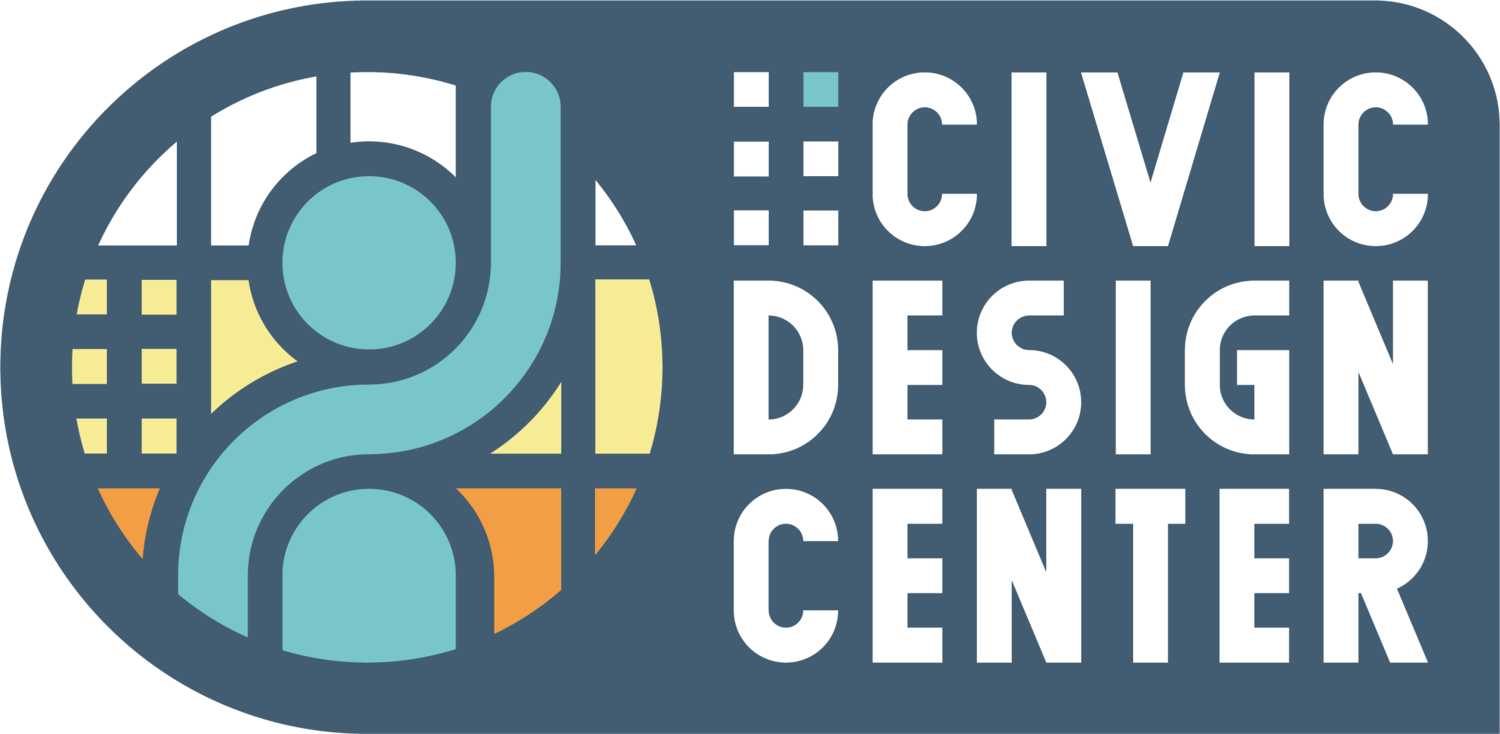How Nashvillians Can Reduce Energy Consumption
By Jacque Barton, Community Member
3 min read Community member, passionate about sustainability, shares ways that Nashvillians can personally reduce energy consumption in their homes as well as how architects and developers can consider ways to design and build more energy efficient buildings.
The Civic Design Center believes that Nashville residents should collaborate alongside important organizations to design a plan that promotes environmental sustainability. What this means, essentially, is helping create policies that can mitigate climate change and lessen the impact on the environment’s natural resources. Such is exemplified by the Metro Nashville’s ‘Sustainability Advisory Committee Report’, which highlights the importance of reducing the city’s overall energy consumption, both in residential and commercial units.
Image Credit: Pexels
As a result, these energy advocacies have increased the demand for social work organizations to promote environmental justice. After all, social work organizations are in a unique position to disseminate relevant information to the public. This is because social work professionals, such as community outreach workers, are knowledgeable about social justice issues and real-world scenarios, including how climate change can affect food security and natural resources. As such, these individuals have a good grasp of how climate change should be discussed in local communities. Community outreach workers can then work towards building an educational forum wherein Nashville residents can find motivation and inspiration to take further climate action.
Of course, executing these actions requires everyone in the community to do their part even without formal prompting. Fortunately, a survey that asked 3,500 Nashvillians about their climate priorities showed that they wish to contribute by recycling construction waste and supporting public transport upgrades. Apart from that, Metro recognizes the need for Nashville residents and companies alike to advocate for clean energy and decreased energy consumption. Read on to find out how this can be achieved.
How Nashvillians can Reduce their Energy ConsumptionUsing Energy-Efficient Appliances
According to Nashville Electronic Service, the energy consumption of private dwellings was at an all-time high in May 2022. This was particularly the case in the neighborhoods of Antioch, Tennessee— namely, Cane Ridge, Cane Ridge Farms, Indian Creek, and Summerfield— which spent a total of 4,528,704 kilowatt hours (kWh). Whether or not you’re a part of these neighborhoods, it is still imperative that you cut back on your energy consumption.
This can be done by investing in energy-efficient appliances such as heat pumps. As it stands, colder winter temperatures have arrived in Nashville, according to a 2022 WSMV article on heating costs. The average household, which uses natural gas for heat, can expect a 25% increase in their energy spending this season. Thankfully, heat pumps can produce heat even in sub-zero temperatures to minimize your energy spending. Similarly, LED lights, as reported by the Department of Energy, use about 75% less energy than incandescent bulbs. Utilizing the above energy-efficient appliances is necessary to lessen your household’s impact on Nashville’s energy consumption.
Participating in TVA’s Green Switch program
The Civic Design Center seeks to motivate Nashville residents to take part in community efforts against climate change. Now, as shared by Nashville’s Sustainability Advisory Committee Report, renewable energy is one of the keys to meeting the city’s climate goals. This is because renewable energy can help cut back a residential unit’s monthly energy consumption. For reference, the energy usage of single-family homes amounted to 326,511,644 kWh back in May 2022.
You can minimize your household’s energy consumption by participating in Tennessee Valley Authority’s (TVA) Green Switch program. The program requires only a little from you; for every $2 added to your electricity bill, TVA promises that 200 kWh of your energy consumption will come from a renewable source. So on that note, consider signing up so your household can do its part in promoting Nashville’s sustainability plans.
How Companies are Increasing Energy Efficiency through Green BuildingsAlthough private community members play a pivotal role in the city's widespread efforts to reduce energy consumption, they aren't alone in this task. Today, numerous companies in Nashville are committed to building sustainable facilities and offices to decrease their carbon footprint and bolster the city’s energy efficiency.
501 Commerce—Designed by Gresham Smith
For one, research and global investment management firm AllianceBernstein officially unveiled its corporate headquarters last May 2022. In a feature on PR Newswire, President Seth Bernstein shared that, "Our new headquarters in Nashville reflects our firm's focus on creating top-of-the-line and sustainable office spaces for our employees.”
The space has notably received the LEED Silver certification, a leading benchmark in sustainable building design, which aligns with the firm’s dedication to corporate responsibility. Similarly, the developers of Reed District, which is a 2.7 million-square-foot mixed-use development intended as a live-work-play destination, also plan to incorporate ESG-specific features into the model and attain the LEED certification.
1030 Music Row—Designed by Anecdote Architectural Experiences (photo by Andrew Keithly Photography)
That said, pursuing the LEED certification isn’t the only way companies are ensuring a greener slant to commercial development. Panattoni Development Company created 1030 Music Row, which is billed as Nashville’s first boutique office building constructed with a mass timber frame. Mass timber is a sustainable building material; it not only has fewer embodied carbons, it likewise requires less energy and water to produce than concrete or steel. In addition, a 2021 Construction Executive article on mass timber states that the components for said renewable wood are typically built off-site, which helps expedite the building process and decrease construction site noise, waste and disruption.
Truly, how developers and companies are pivoting their approach to designing different structures is indicative of a brighter, more energy-efficient future in Nashville. But if you're interested in learning more about community development, and likewise producing great outcomes for the residents of Nashville, you can also become a volunteer at Civic Design Center.




